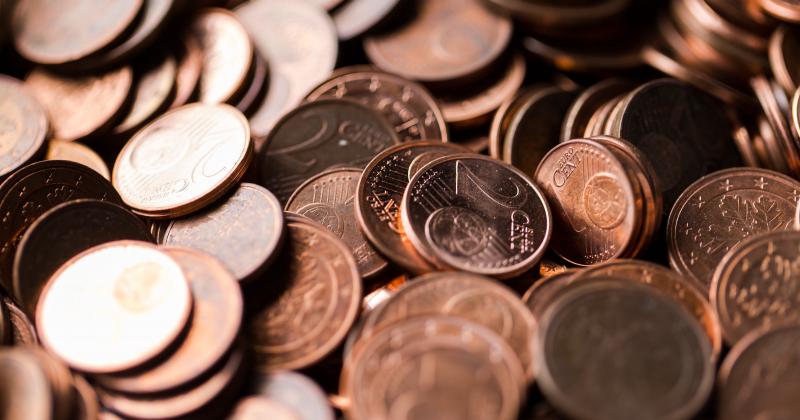Squirrels gather nuts. Dogs bury bones. Camels store food and water so they can travel across vast deserts. And pigs … well, pigs save nothing. They bury nothing. They store nothing. So why do we save our spare coins in a piggy bank? A little history.
During the Middle Ages, in about the 15th century, metal was very expensive and seldom used for household wares. Instead, dishes and pots were made of cheap orange clay called pygg. Whenever housewives could save an extra coin, they dropped it into one of their clay jars or pots. They called this their pygg bank. Over the next two hundred years, people forgot that “pygg” referred to the earthenware material, but the “piggy bank” retained its name.
Around the 17th century an unknown potter thought to shape a “pygg” jar to look just like a real “pig.” Of course, the piggy banks appealed to customers and delighted children. But the first piggy banks only had a slot in the top with no access hole in the bottom. Banks and savings institutions would often give piggy banks to children in an attempt to encourage them to save. People would drop their spare coins in the top and then literally break it open when it was full or some emergency arose. That’s where we get the saying “Break the bank.”
Isaiah says in our Bible text that God is the potter and we are the clay. The apostle Paul expands on this idea when he describes the message of the gospel being spread by simple people. “But we have this treasure in earthen vessels that the excellence of the power may be of God and not of us” (2 Corinthians 4:7). In other words, the precious treasure inside is of more value than the container. The piggy bank is not as important as the coins it holds.
I’m sure looking forward to the day when our earthly bodies will be laid aside, these vessels of clay, and a new heavenly body will be given to us. But something that will not change is the treasure of the gospel in our hearts.
KEY BIBLE TEXTS
"But now, O LORD, thou art our father; we are the clay, and thou our potter; and we all are the work of thy hand."
Isaiah 64:8"But we have this treasure in earthen vessels, that the excellency of the power may be of God, and not of us."
(2 Corinthians 4:7)
